Carbon Footprint study findings regarding the carob tree
As mentioned in our last newsletter, Pedro Pérez as a member of the Innovative Carob Tree Companies (EIG) has contributed to the Carbon Footprint study of the carob crop, developed by the Valencian Institute of Agricultural Industries (IVIA) and the Polytechnic University of Cartagena (UPC).
The results of this study were very positive, revealing that the cultivation of the carob tree presents a very high fixation of carbon dioxide. It is a very efficient in carbon sequestration tree, despite of the arid conditions in which it grows. The carbon fixation of all the cultivated hectares of carob tree in Spain is between 150,000 to 250,000 tonnes of CO2 / year.
The carob crop has a high environmental relevance and plays an important role in climate change mitigation. It has a positive net balance of carbon, it is fire and drought resistant, and benefits the environment’s biodiversity.




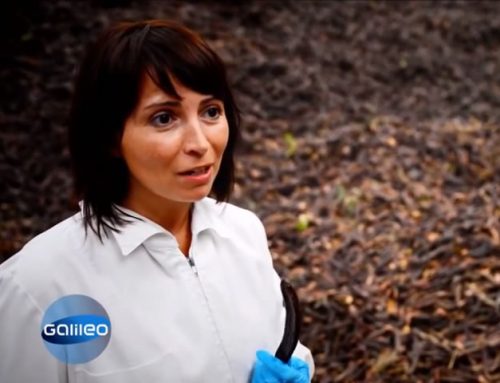
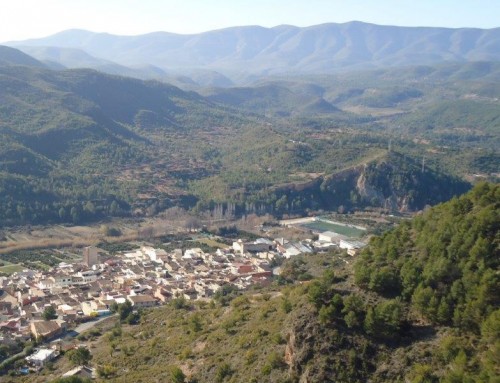
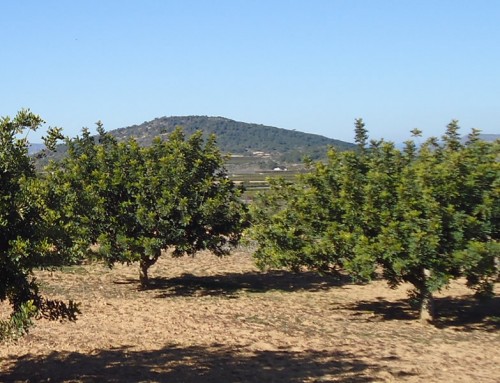
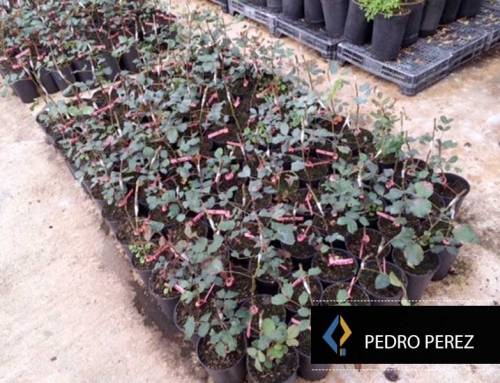
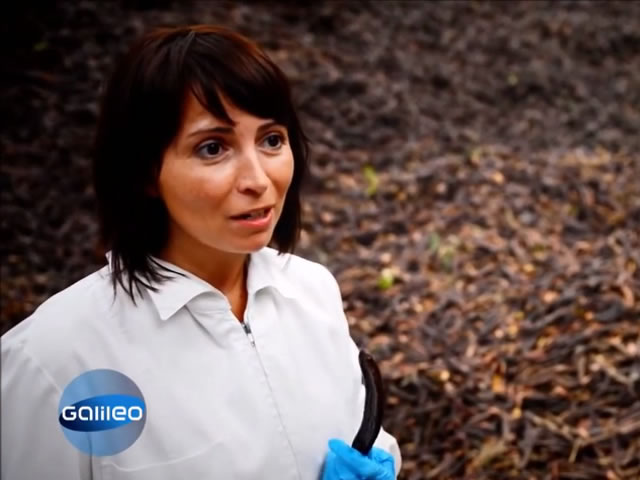
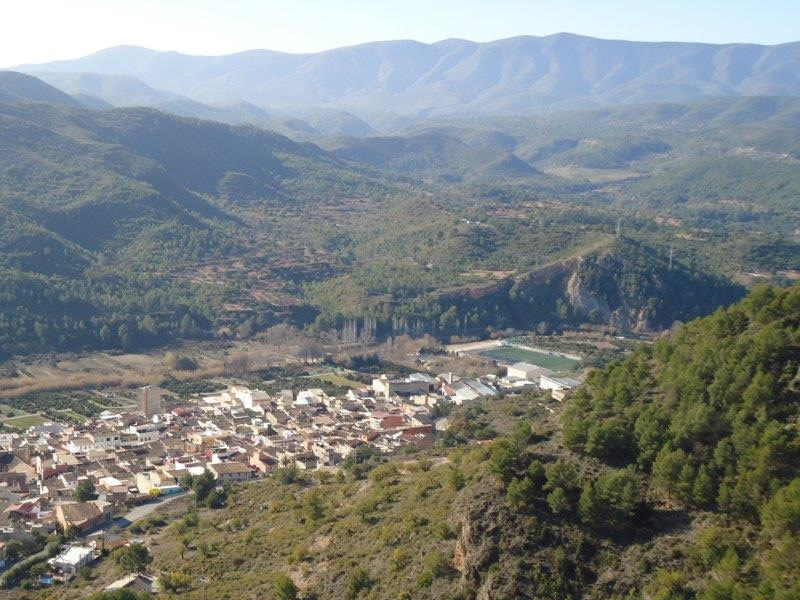
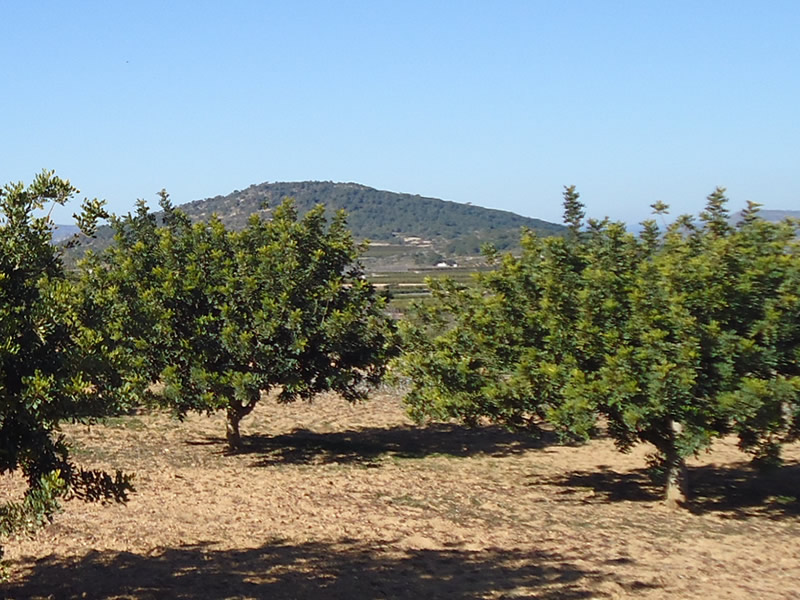
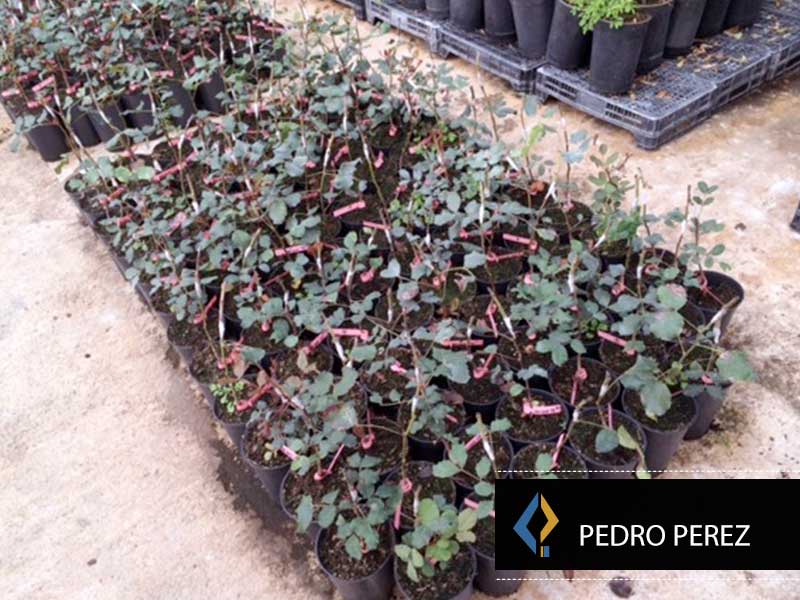
Síguenos en